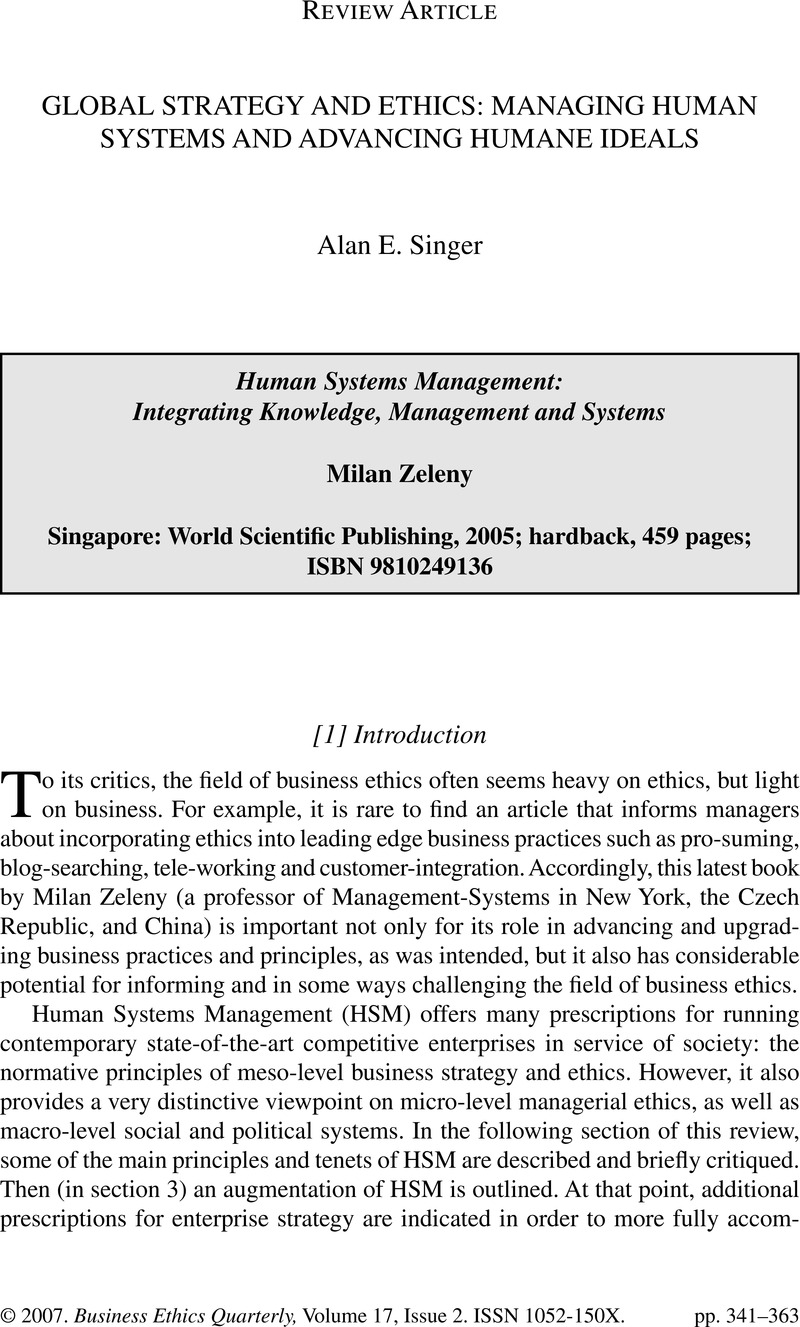Crossref Citations
This article has been cited by the following publications. This list is generated based on data provided by Crossref.
Grant, John H.
2008.
Teaching ethics in a business program.
New Directions for Higher Education,
Vol. 2008,
Issue. 142,
p.
75.



